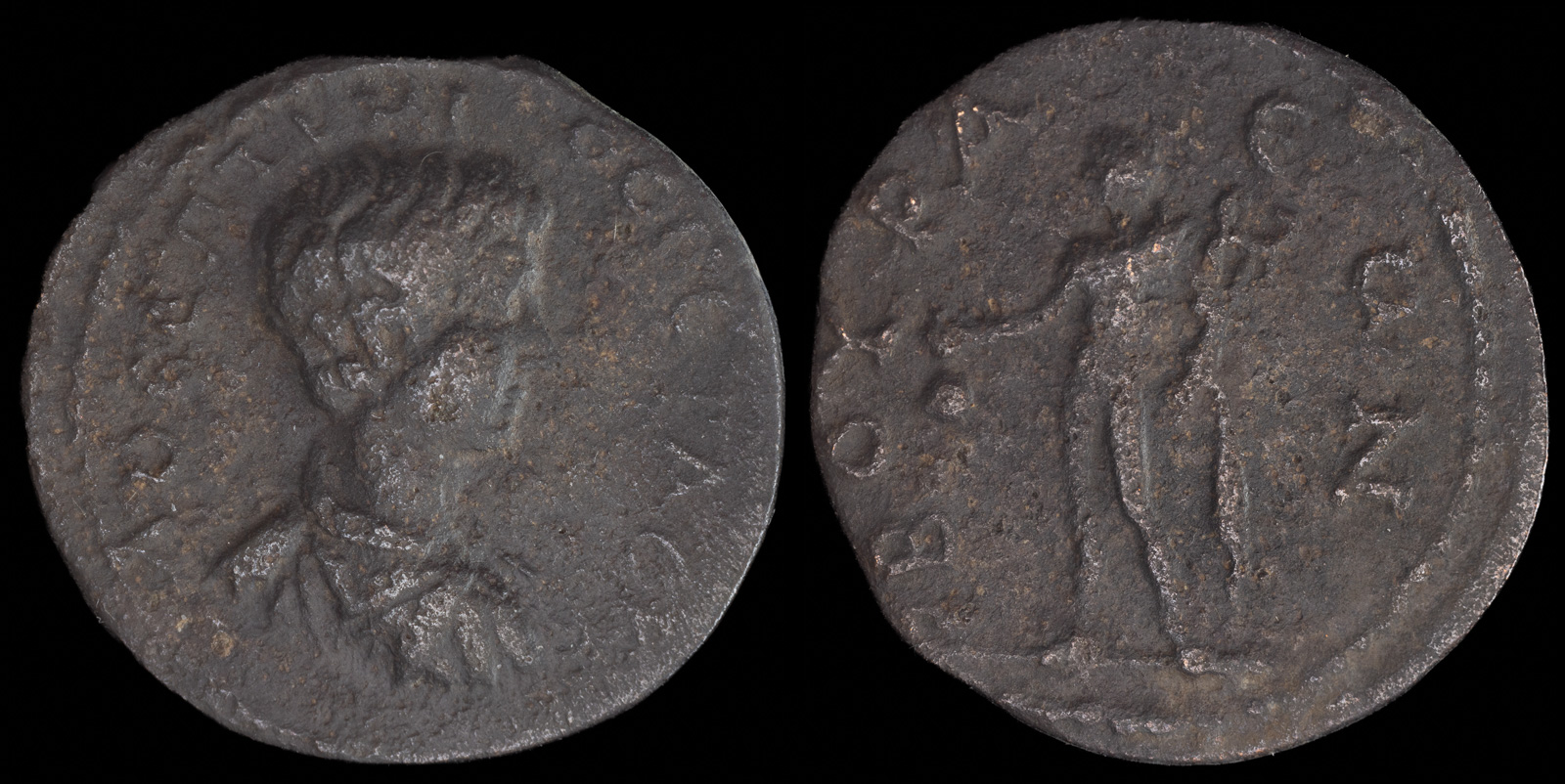Mercury
View All Tags
Mercury’s depiction in Roman art and literature also reflects his distinct cultural context. Like Hermes, he is often shown with winged sandals and a caduceus, but the Roman Mercury was more frequently associated with speed and agility, traits that emphasized his role in ensuring swift communication and trade. While Hermes was also a trickster and a guide for souls, Mercury’s personality leaned more toward the practical, business-oriented, and efficient aspects of communication and movement.
The key difference between Hermes and Mercury lies in their cultural significance and the scope of their roles. Hermes in Greek mythology is more of an ambiguous figure—he is a trickster, a psychopomp, and a god of boundaries who transcends traditional categories. He is a god with a philosophical and ethical dimension, dealing with issues of identity, language, and the fluidity of existence.
On the other hand, Mercury, while retaining many of Hermes’ characteristics, is more firmly associated with the practicality of commerce and trade in Roman society. The Romans emphasized Mercury’s role in managing the economic system and safeguarding business transactions, while Hermes was seen as embodying more abstract qualities like wisdom and cunning.

Achaia, Bura
Geta, as Caesar
198-205 CE
Æ Diassarion 23 mm, 4,92 g
ΛO CЄΠTIMIOC ΓЄTAC K, bareheaded, draped, and cuirassed bust right /
BOYPA-ЄωN, Mercury standing right, holding purse and caduceus
Cf. BCD Peloponnesos 468 (Hermes within distyle shrine); NCP –; Dura –; BMC –